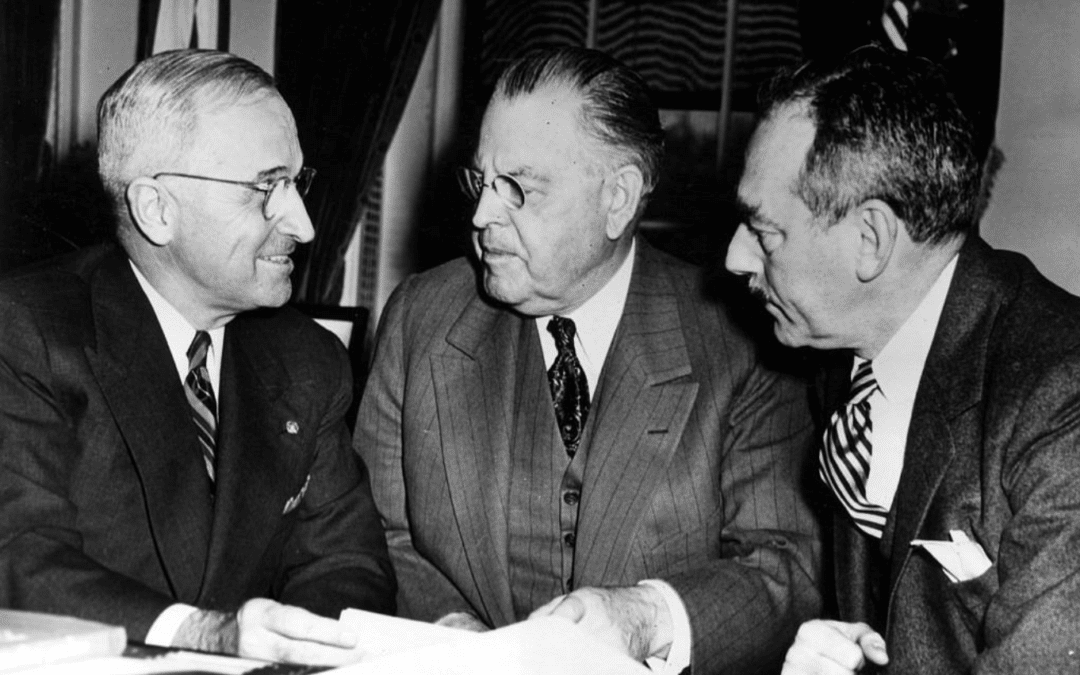Vladimir (Ze'ev) Jabotinsky (1880-1940) was a key figure in the development of the Zionist movement, which led to the founding of Israel in 1948. After breaking from mainline Zionism, Jabotinsky, born in Odessa (Ukraine), established Revisionist Zionism, a more openly...
















